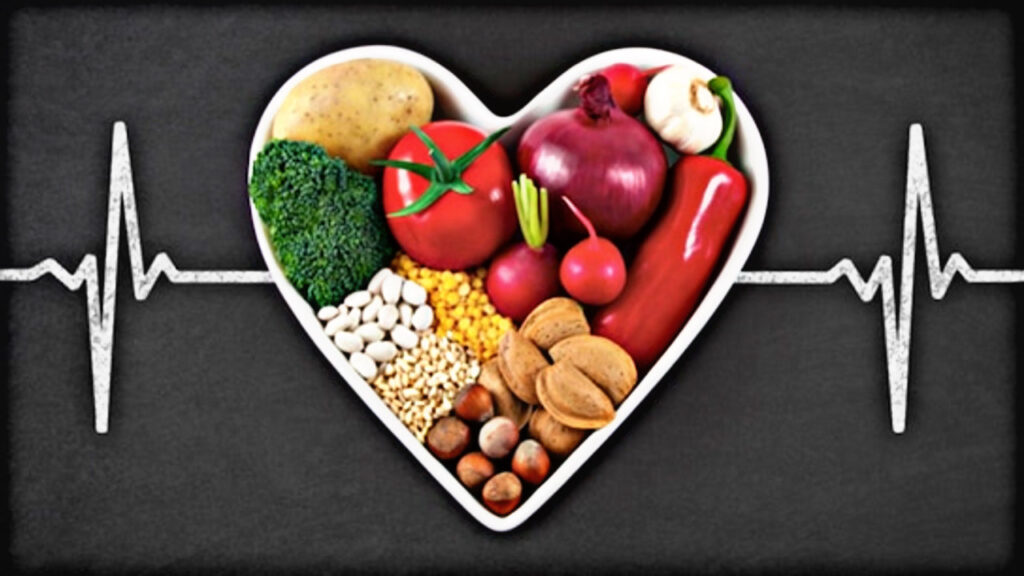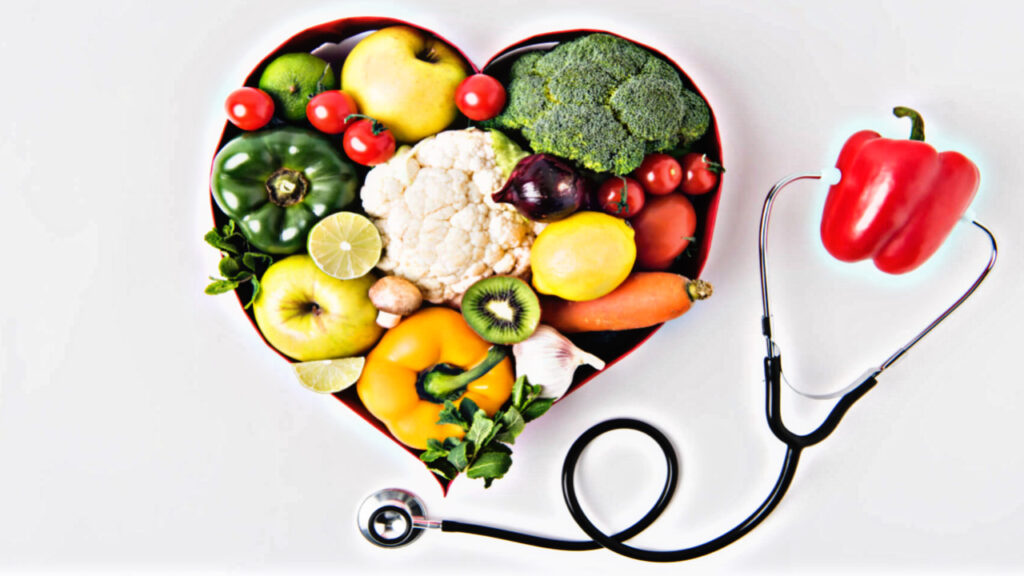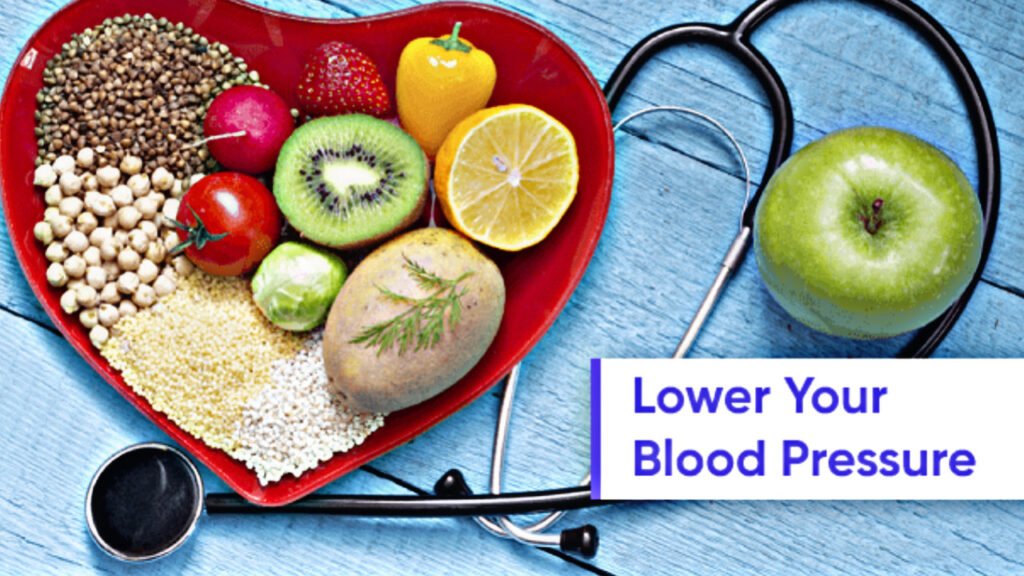Health
Maintaining healthy blood pressure is essential for overall well-being. Hypertension, or high blood pressure, is a silent condition that often leads to more serious health issues like heart disease and stroke. Fortunately, nature provides a variety of foods that can help manage and reduce high blood pressure. Among these, vegetables play a critical role due to their high fiber, potassium, and antioxidant content. Here are some everyday vegetables that can help lower blood pressure.

1. Spinach
Spinach is a powerhouse when it comes to lowering blood pressure. It’s rich in potassium, a mineral that helps balance the negative effects of sodium in the body. Potassium helps the kidneys filter excess sodium, thus preventing an increase in blood pressure. Spinach also contains nitrates, which have been shown to relax blood vessels and improve blood flow, further reducing pressure. Including spinach in salads, smoothies, or as a cooked side dish is an easy and tasty way to incorporate it into your diet.
2. Beets
Beets are another vegetable that has gained attention for its ability to lower blood pressure. Rich in dietary nitrates, beets can help dilate blood vessels, improving circulation and reducing blood pressure. Studies have shown that consuming beetroot juice or roasted beets can lower blood pressure within a few hours of consumption. Beets are versatile and can be eaten raw, roasted, or incorporated into juices and smoothies.
3. Carrots
Carrots are not only great for your eyes, but they also contribute to healthy blood pressure levels. They are a good source of potassium, fiber, and antioxidants, which all work together to support cardiovascular health. Potassium in carrots helps to counteract the effects of excess sodium in the body, while antioxidants protect blood vessels from oxidative stress, which can contribute to high blood pressure. Eating raw carrots as a snack or adding them to stews and soups can help maintain a healthy blood pressure.

4. Garlic
Garlic is a natural remedy for a variety of ailments, including high blood pressure. It contains allicin, a compound known for its ability to relax blood vessels and improve blood flow. Several studies have shown that consuming garlic on a regular basis can help lower both systolic and diastolic blood pressure. You can add fresh garlic to dishes, soups, or use it in salads for an easy blood pressure-boosting addition.
5. Kale
Kale is a leafy green vegetable that’s packed with nutrients, including potassium, calcium, and magnesium, all of which are essential for blood pressure regulation. These minerals help to reduce the strain on your heart and blood vessels, keeping blood pressure levels in check. Kale can be enjoyed in a variety of ways, from salads to sautéed dishes, or even blended into smoothies.
6. Celery
Celery has long been considered a natural remedy for high blood pressure. It contains compounds called phthalides, which have been shown to relax the muscles around the blood vessels, improving blood flow and lowering blood pressure. Eating celery raw as a snack, adding it to soups or salads, or even drinking celery juice are all excellent ways to enjoy its benefits.
7. Tomatoes
Tomatoes are rich in lycopene, an antioxidant that has been linked to lower blood pressure levels. Lycopene helps reduce inflammation and oxidative stress, both of which can contribute to high blood pressure. Additionally, tomatoes are a good source of potassium, which further supports healthy blood pressure regulation. You can enjoy tomatoes in various forms, whether fresh in salads, cooked in sauces, or as part of soups and stews.
Incorporating these vegetables into your daily diet can be an effective way to help manage and reduce high blood pressure. Along with a balanced diet, regular exercise, adequate hydration, and stress management, these vegetables can make a significant difference in maintaining a healthy cardiovascular system. Remember, it’s always best to consult with a healthcare provider before making any major dietary changes, especially if you are already on medication for high blood pressure.





